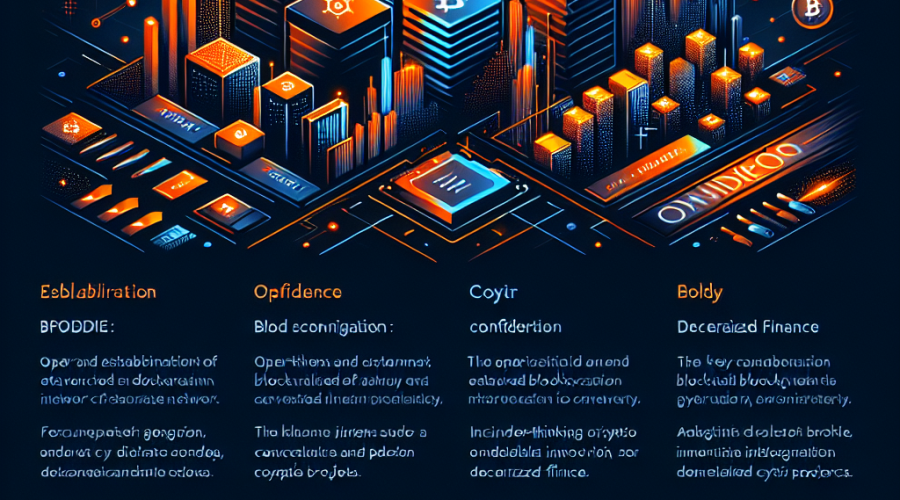Quantum Computing Poses Serious Threat to Blockchain’s Cryptographic Foundations
In an era where cryptocurrencies dominate the financial markets, one man is on a mission to shake the industry. David Carvalho, a former hacker who now spearheads a post-quantum infrastructure firm, warns that quantum computing poses an existential threat to cryptocurrencies.
Carvalho used to experiment with hacking at a mere age of 13, initially gaining attention from employers through a series of spam emails. However, the former hacker has long shifted his curiosity towards formal cybersecurity work, utilizing his skills to protect systems instead of exploiting them. Today, Carvalho is the CEO of Naoris Protocol, a company that crafts quantum-resistant systems for decentralized networks.
The Outdated Cryptography of Blockchains Like Bitcoin And Ethereum
The CEO regularly points out that the cryptographic protocols underpinning blockchains like Bitcoin and Ethereum are lackluster and desperately need an upgrade. “The cryptography of nearly all chains is as frail as the world’s cryptography,” says Carvalho. He predicts that quantum computing’s emergence will hit the crypto industry like a meteor, leading to a catastrophic disaster if not handled promptly.
Despite developers’ claims of ample time for adaptation, the clock is ticking. The world is steadily moving being ready for the imminent quantum revolution, but according to Carvalho, efforts to initiate quantum-resistant signatures are sluggish and far from universal acceptance.
The Emergence of Quantum Threats
Quantum threats were once widely perceived as a chapter out of a science fiction novel, but recent tech advancements suggest otherwise. Major tech juggernauts and governments worldwide are prepping up to decode encrypted data – a technique referred to as “the harvest now, decrypt later model.”
Instances like the National Institute of Standards and Technology’s warning regarding the adoption of quantum-resistant algorithms since 2022 and the issuance of a White House memorandum directing government contractors to move to post-quantum cryptography by 2035 set the stage for the looming quantum threat.
Quantum and AI – A Threat Duo
One of the main concerns revolves around quantum computing teaming up with artificial intelligence. Combined, they pose a formidable threat not just by overwhelming the crypto systems with brute strength, but by nimbly dismantling them with surgical precision.
“No one will give you a heads up that a decade-old Bitcoin wallet has been breached. You’ll simply find funds transferred and will be left puzzled over the cause and the culprit,” warns Carvalho.
Artificial Intelligence is already a key player in cybersecurity, aiding in intrusion identification, smart contract auditing, and anomaly detection. Nevertheless, in the wrong hands, these potential assets can be turned upside down. Attackers can exploit AI to scan open-source wallets for bugs, simulate validator responses, and adapt to network behavior, among other nefarious activities.
Fighting Back Against the Quantum Threat
On a hopeful note, there are ongoing efforts to assist blockchains transition into the post-quantum cryptographic landscape. Bitcoin’s current cryptography manages to withstand current quantum machines, and developers are now exploring defenses such as quantum-resistant addresses.
Project like Carvalho’s Naoris Protocol, Bitcoin Improvement Proposals (BIPs), and other tools and technologies like StarkWares STARK are setting the ground for creating quantum-proof cryptographic solutions.
With Carvalho’s warning of a “silent collapse” where the trust layers of the system are eroded invisibly, it’s clear that there is an increasing urgency to accelerate these efforts. It remains a complex question whether the crypto ecosystem will take action in time to resist the evolving threats posed by a combination of AI and quantum computing.


















